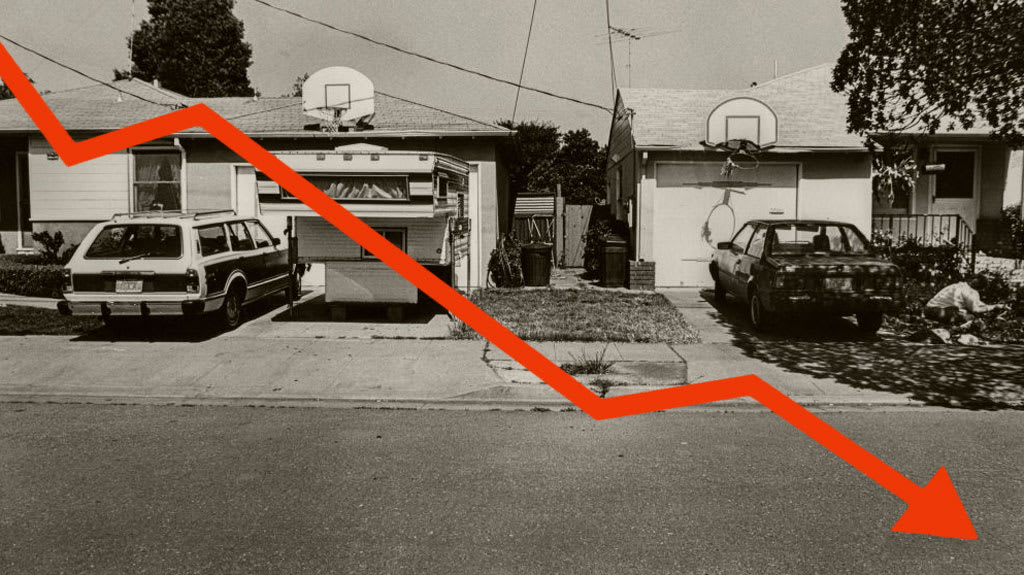48% of hourly workers in the U.S. don't have a single cent in emergency savings
As raging inflation forces millions of Americans to cut their spending, one group is being stretched especially thin.
Nearly half of all hourly workers in the U.S. have been unable to save even a dime to guard against financial emergencies, according to a new survey of 3,000 employees by Branch. That figure, 48%, is up 7% from last year, a sign the higher cost of food, rent, gas and other staples is taking a severe toll on hourly workers. More than 80% of respondents said they had less than $500 tucked away for emergencies.
Personal finance experts typically recommend that people have at least three months' worth of income saved to tide them over in the event of a job loss, health problem or other unplanned situation that crimps their cash flow.
"Even with higher wages, rising costs of essential expenses have created additional obstacles and setbacks for hourly workers looking to establish greater financial security," Branch CEO Atif Siddiqi said in a statement.
Hourly workers cited rising energy, food and housing costs as the main factors affecting their finances, according to Branch, a provider of workforce payment tools. Asked how they would use a $1,000 bonus, over 40% said they would pay down debt.
Not surprisingly, soaring consumer prices are taking a particular toll on the lowest-paid earners, including those earning the federal minimum wage of $7.25 per hour. Factoring in the latest inflation data, the current value of the U.S. minimum wage in real dollars is at its lowest level since February 1956, when the base U.S. wage was 75 cents (or $7.19 in June 2022 dollars), according to the left-leaning Economic Policy Institute.
Workers who earn the federal minimum today also earn roughly 27% less in inflation-adjusted terms than their counterparts did in July 2009, the last time Congress enacted an increase.
Across the U.S., minimum-wage workers in 20 states continue to earn $7.25 an hour — a pay rate that is below the poverty line of $8.38 for families of two or more where one person is working.
According to Oxfam, nearly 52 million workers — approximately a third of the U.S. workforce — earn less than $15 an hour, which equates to roughly $31,000 per year.



